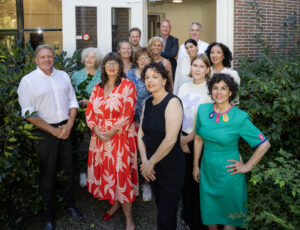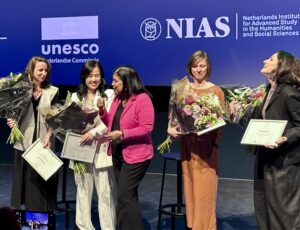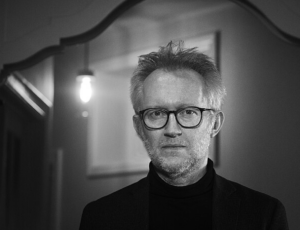On 28 March, Luc Reydams, NIAS Fellow 2012/13, will discuss his book-in-progress about the politics of international justice.
About the Seminar
Over the last two decades, international criminal justice has occupied a prominent place on the international agenda. The period coincides with twenty years of instability, violence, and atrocities in the Great Lakes region of Africa. The conflict, allegedly the deadliest since the end of the Cold War, can be broken down into the Rwandan civil war and genocide (1994), the First Congo War (October 1996 – May 1997), the Second Congo War or ‘Great War of Africa’ (August 1998 – July 2003), and the Third Congo War (2003 – 2013(?)). Each conflict involved a multitude of local and regional actors and together they produced a geopolitical shift.
International criminal justice initiatives to end impunity in the region include the International Criminal Tribunal for Rwanda (1994-2014), numerous trials of Rwandan génocidaires in Europe and Canada on the basis of universal jurisdiction, and International Criminal Court investigations and trials (2004-2014). The achievements are significant but so are the shortcomings: the failure of the ICTR to prosecute the victors of the Rwandan civil war and the failure to hold anybody accountable at all for atrocities committed during the First and Second Congo War. Also troubling, but perhaps inevitable, is the expediency of ICC interventions in the region (Congo, Uganda, and the Central African Republic) and the instrumentalization of international criminal justice by political actors.
The five essays of my book address some of the most pressing questions regarding twenty years of international criminal justice in the Great Lakes region. I argue that these questions are interrelated and cannot be answered adequately without considering the national, regional, and geo-political context and dynamics. Thus, the book confronts the issue of politics directly and demonstrates that international criminal justice is more ‘negotiated’ and ‘traded’ than blindly applied. Whilst enjoying immunity, local leaders (Kagame, Museveni, Kabila, Bozizé) have successfully used international criminal justice against their enemies and rivals. The results/effects are victor’s justice and – more perversely – the reinforcement of authoritarian regimes.
Table of Contents of the Book:
Let’s Be Friends: the United States, Post-Genocide Rwanda, and Victor’s Justice in Arusha
Congo: the Special Court that Never Was
The Politics of ICC Ratifications and Self-Referrals in Congo, Uganda, and the Central African Republic
Hit and Miss: the ICC Prosecutorial Policy in Congo
The Sense and Sensibility of Twenty Years of International Criminal Justice in the Great Lakes Region of Africa
The lecture is followed by an open discussion.
About the Speaker
Luc Reydams, NIAS Fellow 2012/13, is interested in international (criminal) law and justice, transnational social movements, politics in the Great Lakes region of Africa, and human rights movements. Reydams is Associate Professional Specialist at University of Notre Dame and Professor of Law at John Paul II Catholic University of Lublin.
About NIAS Seminars
NIAS Seminars are organised by the Rector of the Institute. They are meant to appeal to interested parties from a wide range of backgrounds and are aimed to encourage closer contact within the Dutch academic world.
NIAS Seminars take place in the Lecture Room (NIAS, Meijboomlaan 1, Wassenaar, telephone 070-512 27 00). This Seminar starts at 16.30 hours and ends at 18.00. Everyone is welcome to attend the seminar and join the discussion. However, since changes in the programme may occur, please let us know if you wish to attend. For further information, contact Communication.



